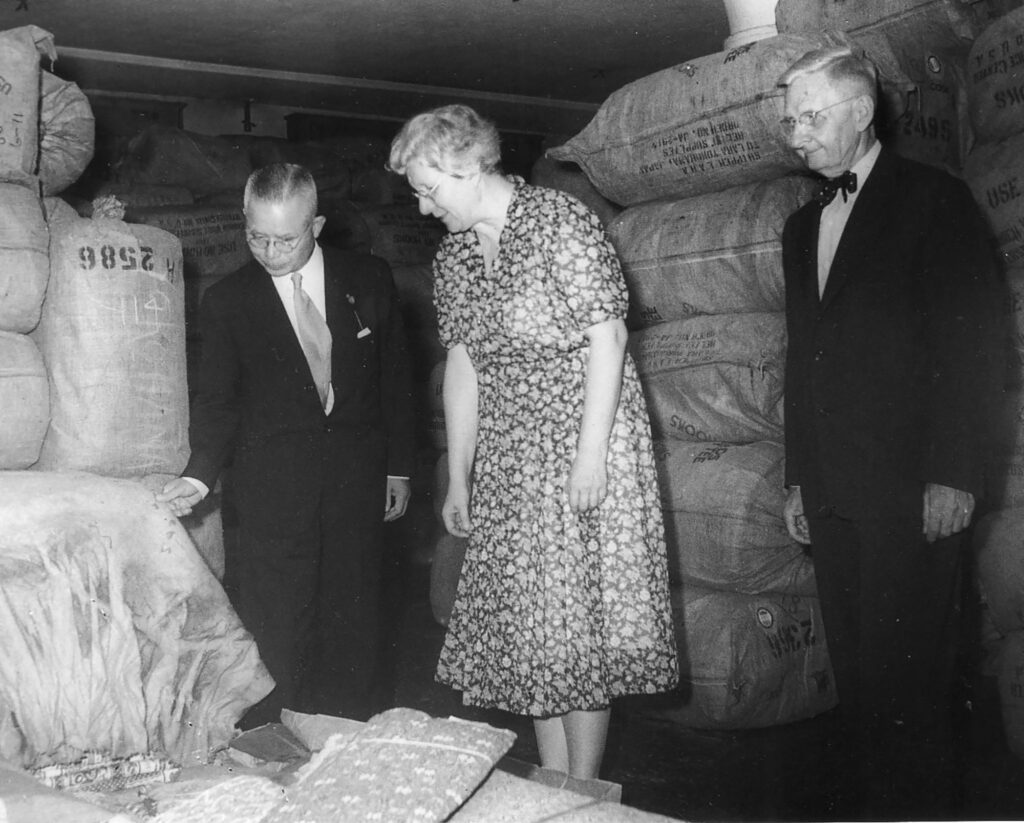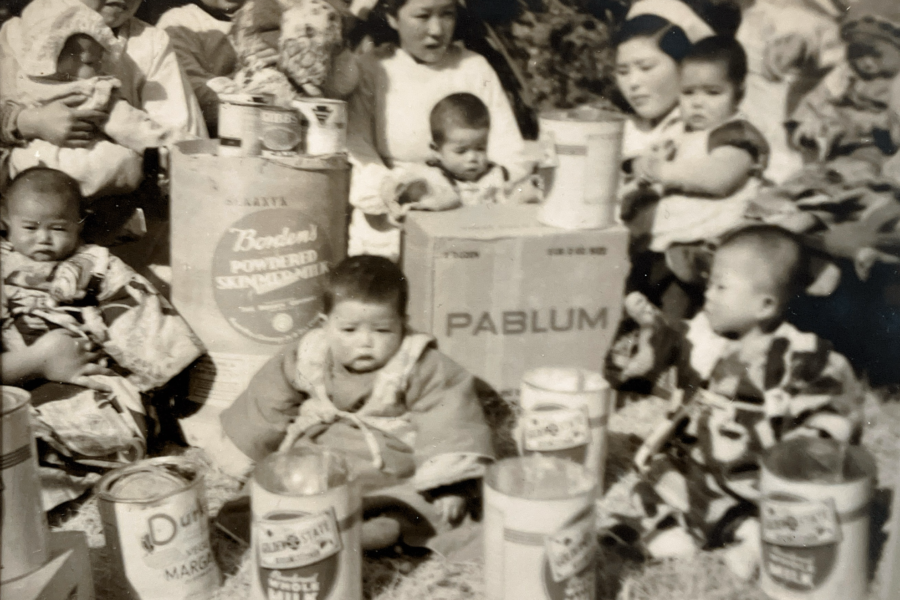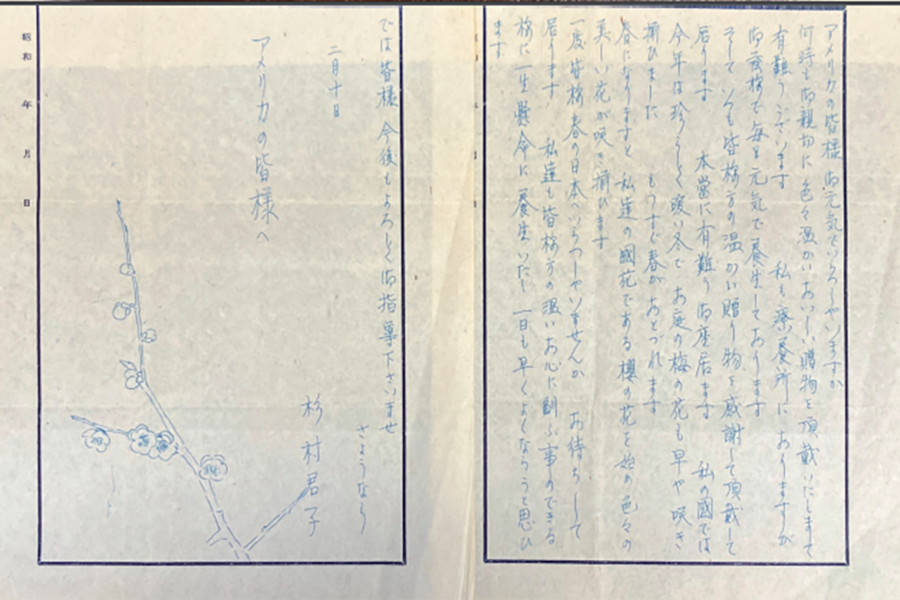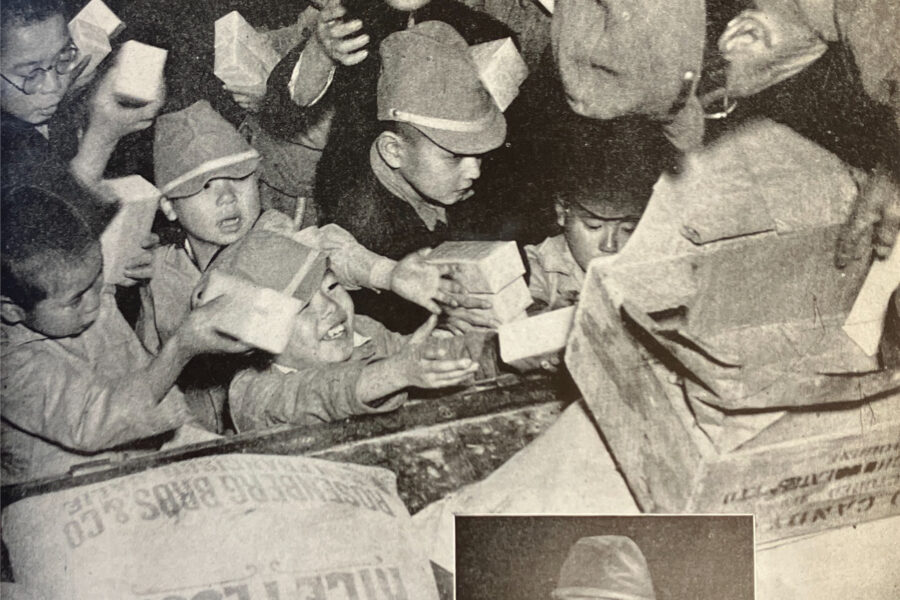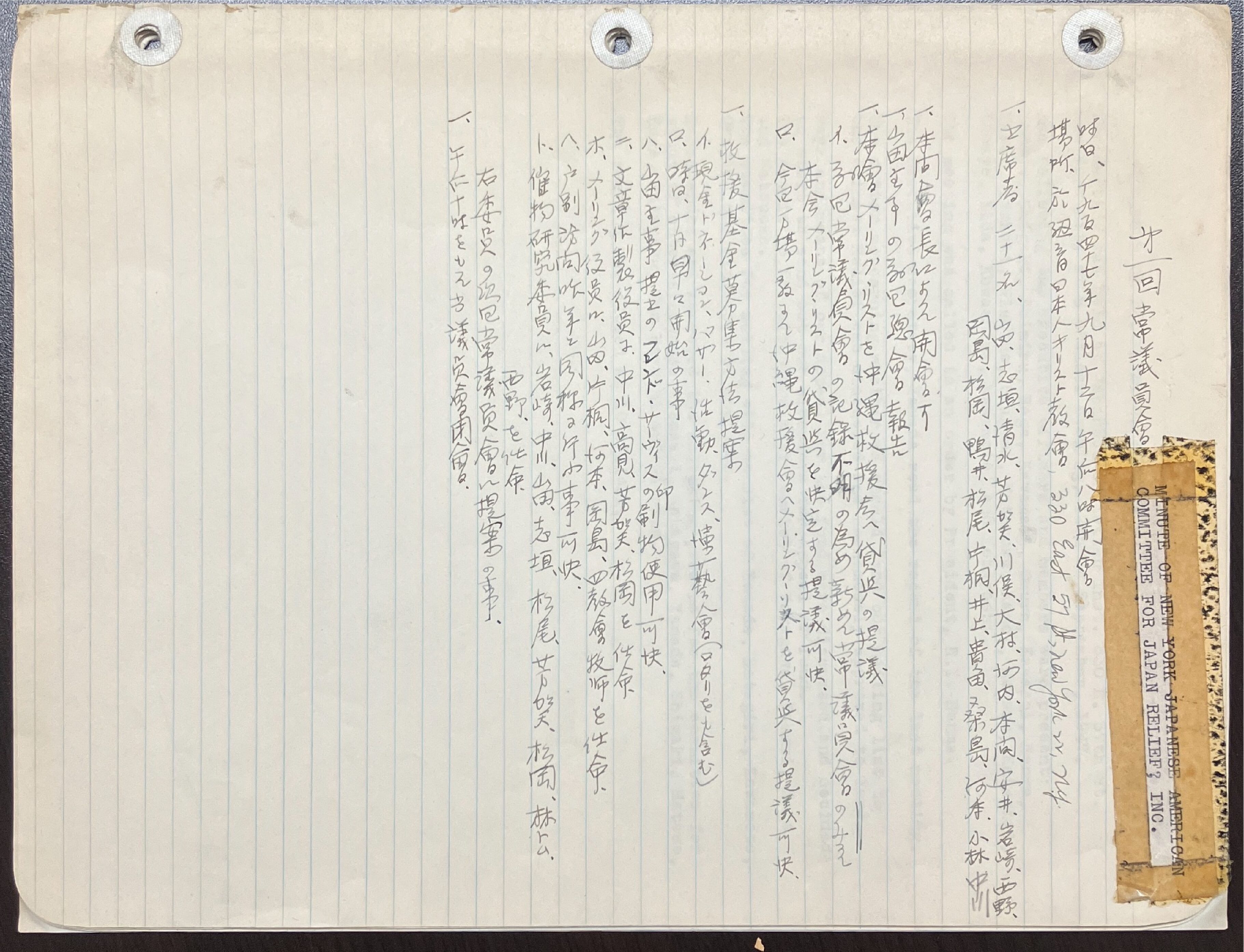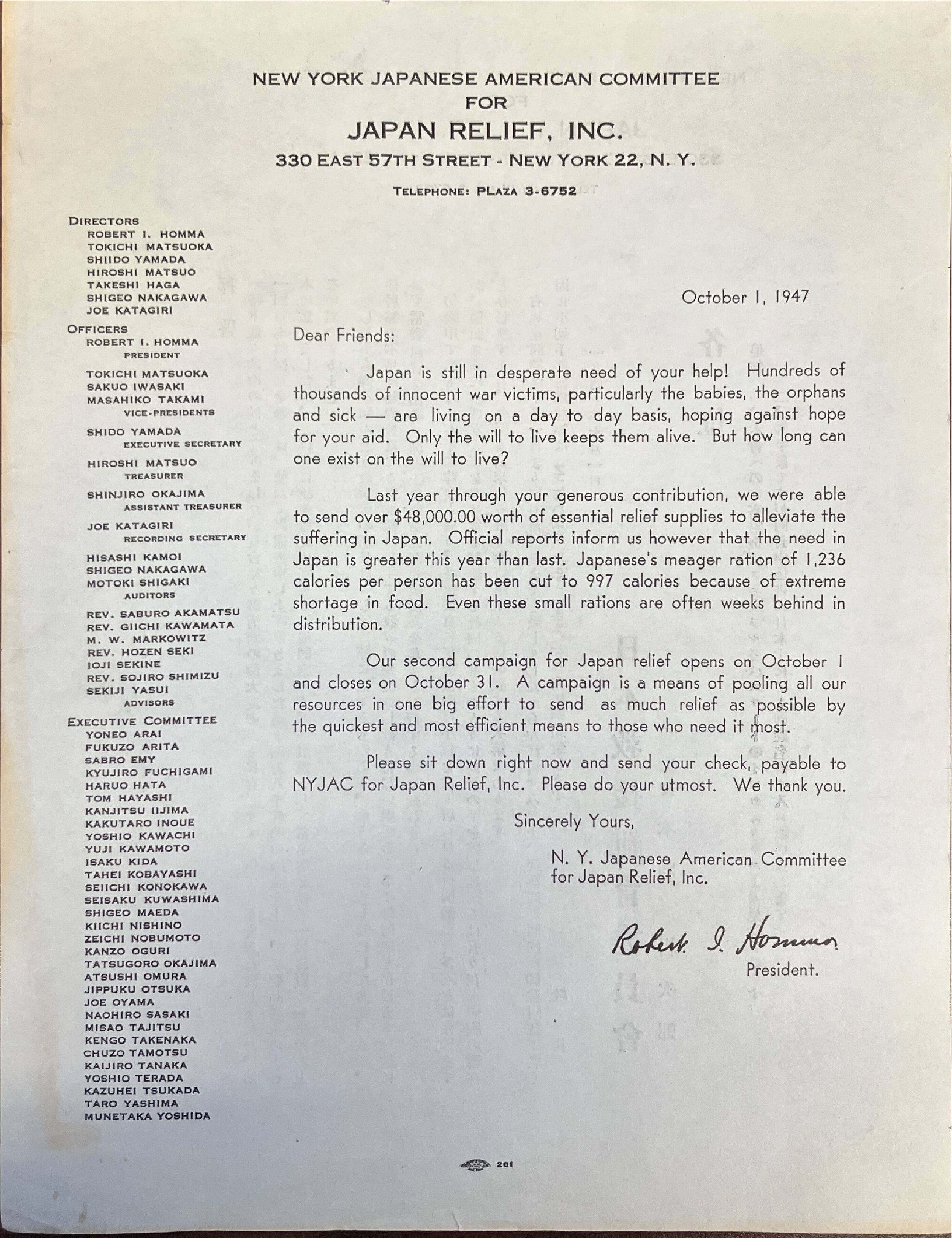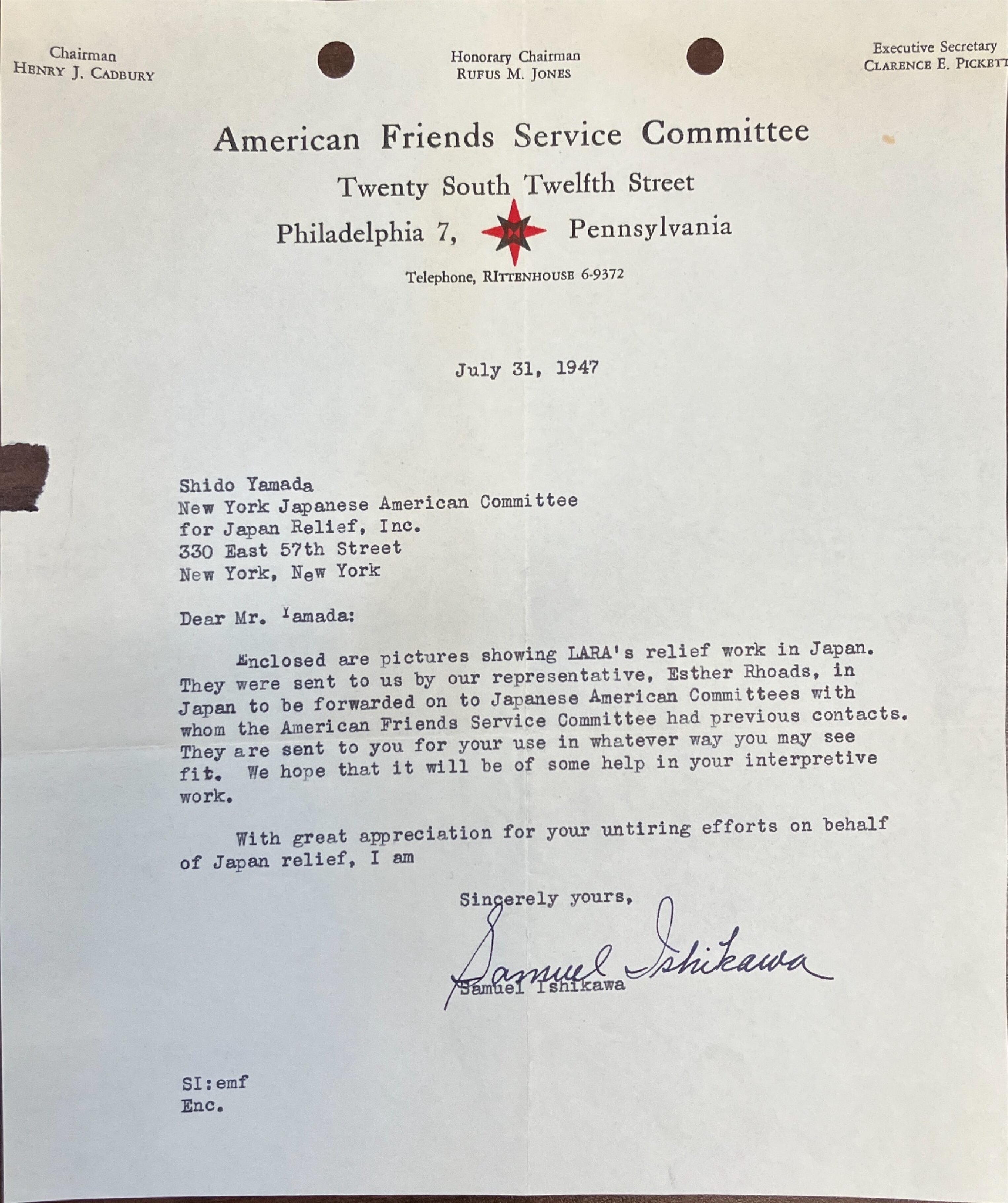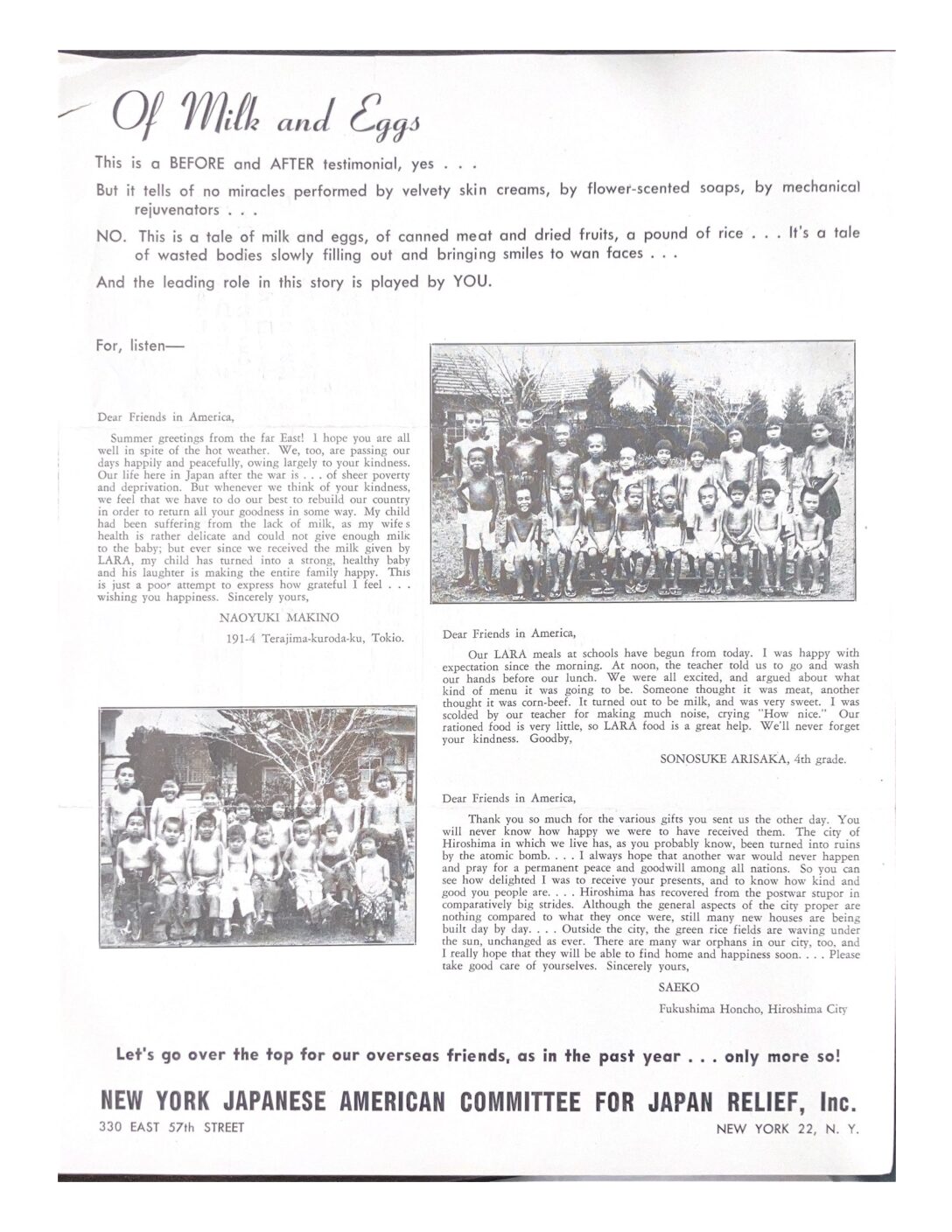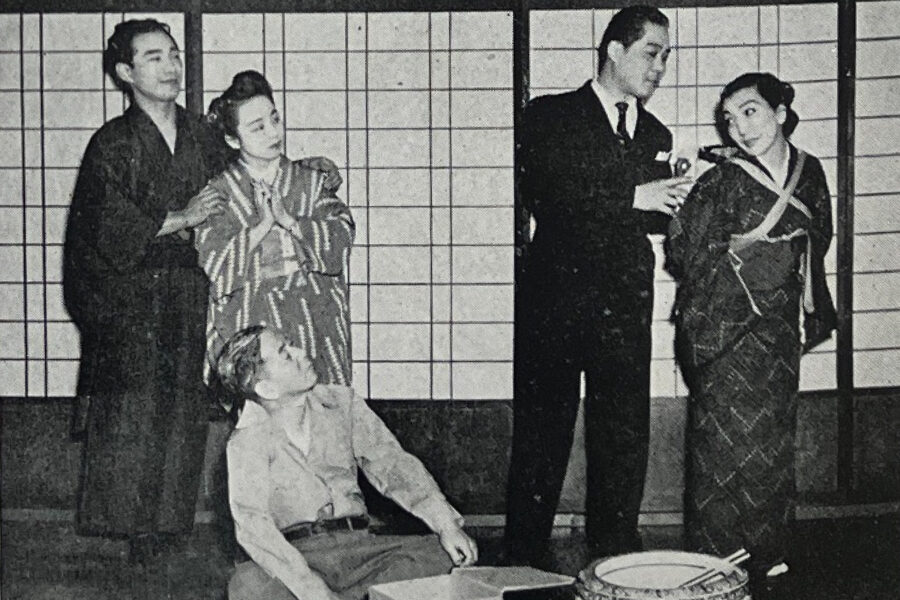After the war ended, the “Licensed Agencies for Relief in Asia” (L.A.R.A.) was organized in April 1946 as a single umbrella agency to represent and coordinate the private relief activities of eleven – ultimately fourteen – North American charitable and religious organizations that operated in Japan and Korea (LARA was based in New York City and coincidentally chaired by another Quaker). The core members were the Church World Service, AFSC, and War Relief Services.
LARA was the sole U.S. agency through which welfare shipments in bulk received exemptions and priorities provided by GHQ (Allied General Headquarters). The distribution of relief supplies was done through Japanese welfare agencies on the basis of need without respect to birth, religion, or political affiliation and at no cost to the recipient. From November 1946 to June 1952, LARA distributed 33 million pounds of food, clothing, shoes, cotton, soap, medicine, as well as over 2 million pigs, 2,000 goats and 50 milk cows, transported by 458 ships in total. According to Rhoads, around 20% of these supplies were donations from Japanese nationals and Japanese descendants in North and South America, including Japanese Americans from New York.

